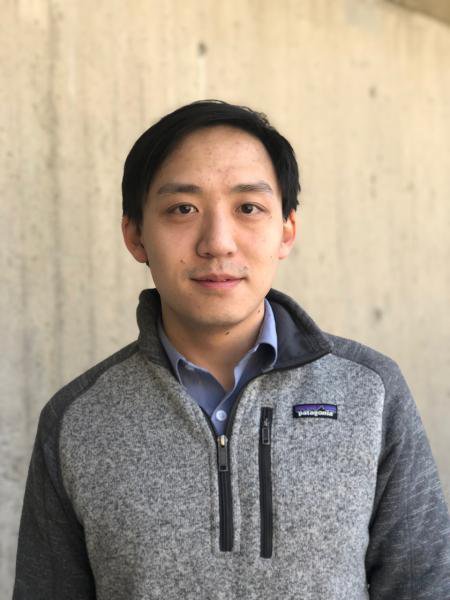The following article features CollegeAdvisor.com’s Phillip Hu. For more information about our programming and personal guidance about the college application process, head to CollegeAdvisor.com and sign up for a monthly plan to work with an admissions coach 1-on-1.

With several years of college advising and essay editing experience behind him, CollegeAdvisor.com Admissions Expert Phillip Hu knows how to help applicants create personal statements that shine. In the past two years, he has successfully guided more than 40 students through the application process in order to help them discover their voices and achieve their dreams.
Growing up, Phillip never felt like his achievements were enough. When applying to college, he worried that he didn’t have the most impressive resume or that he wasn’t the smartest person at his school. Now, he lives in Boston after graduating from the Massachusetts Institute of Technology in 2016 with both an undergraduate and a masters degree in City Planning.
Phillip grew up in Sugar Land, Texas, located in the southwestern part of the Houston metropolitan area, which he playfully describes as “the most boring place ever.” As a child and young adult, he loved drawing and painting as well as science and engineering. To him, architecture seemed like the perfect unity of his artistic and STEM-based passions.
Phillip went to a fairly competitive public high school and found it hard to stand out among his peers. In high school, there was “always that kind of competitive feel about comparing … GPA, test scores, extracurriculars,” Phillip says. Additionally, his older brother—who Phillip thought was much smarter than he was—also attended MIT. Phillip couldn’t help but ask if he was enough.
In the face of his competitive environment, Phillip decided to simply present his “honest self.” He wrote his Common Application essay about a time when he struggled with an art piece. The simplicity of this essay often surprises Phillip’s students—after all, it’s something as insignificant as one single drawing.
However, this drawing was significant to Phillip because it was the first time that he truly felt creative. The essay, at its core, was about discovering what creativity meant to him. He describes “rummaging through the drawers to find [ideas],” both literally and figuratively, which took him far outside of his comfort zone. Without that exploratory work, Phillip would have never found creativity within himself. His essays, he says, “weren’t amazing, but what was good about them [was that] they told [his] genuine authentic story; it showed [his] personality in all of its weirdness and all of the rough edges.” He believes that his essay was the best part of his college application — with his CommonApp Essay, he made it into highly competitive architecture programs at Rice and Cornell; with an adapted MIT-specific version, he made it into his alma mater.
Phillip didn’t feel as though he had a lot of official guidance while going through the college admissions process, so he turned inward. He found support from his brother, his parents, and his friends. Though Phillip chose to apply to architecture programs, he knew nothing about these programs, architects, or even architecture. However, by working with his family, Phillip successfully applied to college. His father helped him stay organized, his mother provided emotional support, and his brother offered constructive criticism. Throughout the process, Phillip’s family remained committed to his success.
As an advisor, Phillip wears the hats that his family once wore for him—he brings logistical acumens, nurturing guidance, and honest feedback to every meeting with his students.
While working as a TA at MIT, Phillip discovered a passion for helping students with their writing. When approached to join CollegeAdvisor.com, he was impressed with the vivacity of his colleagues as well as the prospect of continuing to work with students. Now, he encourages his students to be their honest selves as opposed to what they think they “should” be. He loves to watch his students grow and discover themselves through the college application process.
On a final note, Phillip encourages students to undertake activities that go beyond their title—it’s easy to claim that you were the president of a club, but you should have meaningful action to show for that as opposed to just a line in a resumé. “In any kind of organization or extracurricular that you do, try to do something … in any situation, there’s always a way to make an impact and go beyond your comfort zone,” he says. If you remain passionate in your role as a leader, your commitment to your community will shine.
This article was based on an interview with CollegeAdvisor.com’s Phillip Hu (MIT ‘15). If you want to get 1-on-1 help with your college applications from a CollegeAdvisor.com Admissions Expert, register with CollegeAdvisor.com today.
